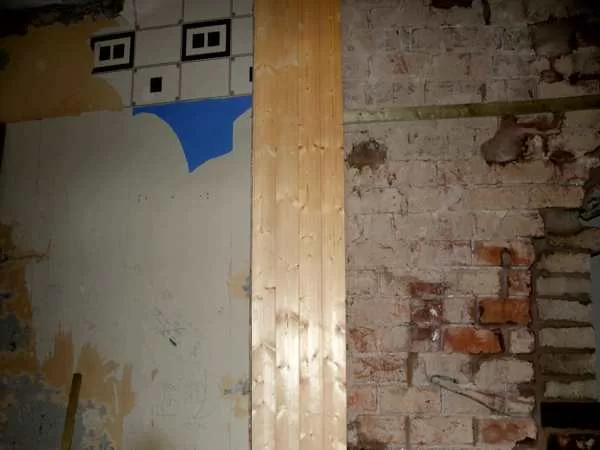Ready to transform the exterior of your home? Cladding can add a touch of elegance, enhance insulation, and increase your property’s value. While it might seem daunting, installing cladding is a DIY project that’s achievable with the right tools, knowledge, and a little patience. Let’s break down the process step-by-step.
Step 1: Building the Frame
The foundation for your cladding is a sturdy frame. Purchase treated timber and cut it to the desired dimensions. Remember, accuracy is key here. Use a spirit level and a plumb line to ensure the frame is square and level. Secure the frame to your home’s exterior using screws and rawlplugs.
Step 2: Preparing the Cladding
Measure your cladding panels and cut them to size. Start from the exterior edge and work your way inward to minimize waste. Drill pilot holes in the cladding panels before attaching them to the frame, preventing the wood from splitting.
Step 3: Attaching the Cladding
Use panel pins to secure the cladding panels to the frame. Tap the pins below the surface with a nail punch and fill the holes with wood filler. Allow the filler to dry completely before proceeding.
Step 4: Adding Finishing Touches
Consider adding decorative elements like trim or molding to enhance the appearance of your cladding. You can also install a small door for easy access to the space behind the cladding.
Tips for a Successful Installation:
- Measure twice, cut once: This golden rule of woodworking applies especially well to cladding installation. Double-check your measurements to avoid mistakes.
- Quality tools: Invest in good-quality tools like a spirit level, plumb line, and measuring tape.
- Safety first: Always wear appropriate safety gear, such as gloves and eye protection.
- Take your time: Cladding installation is a project that requires patience and attention to detail. Don’t rush through the process.
Conclusion:
With a little time, effort, and the right tools, you can successfully install cladding on your home. The results will be well worth it, as you’ll enjoy a more beautiful, functional, and energy-efficient exterior.

